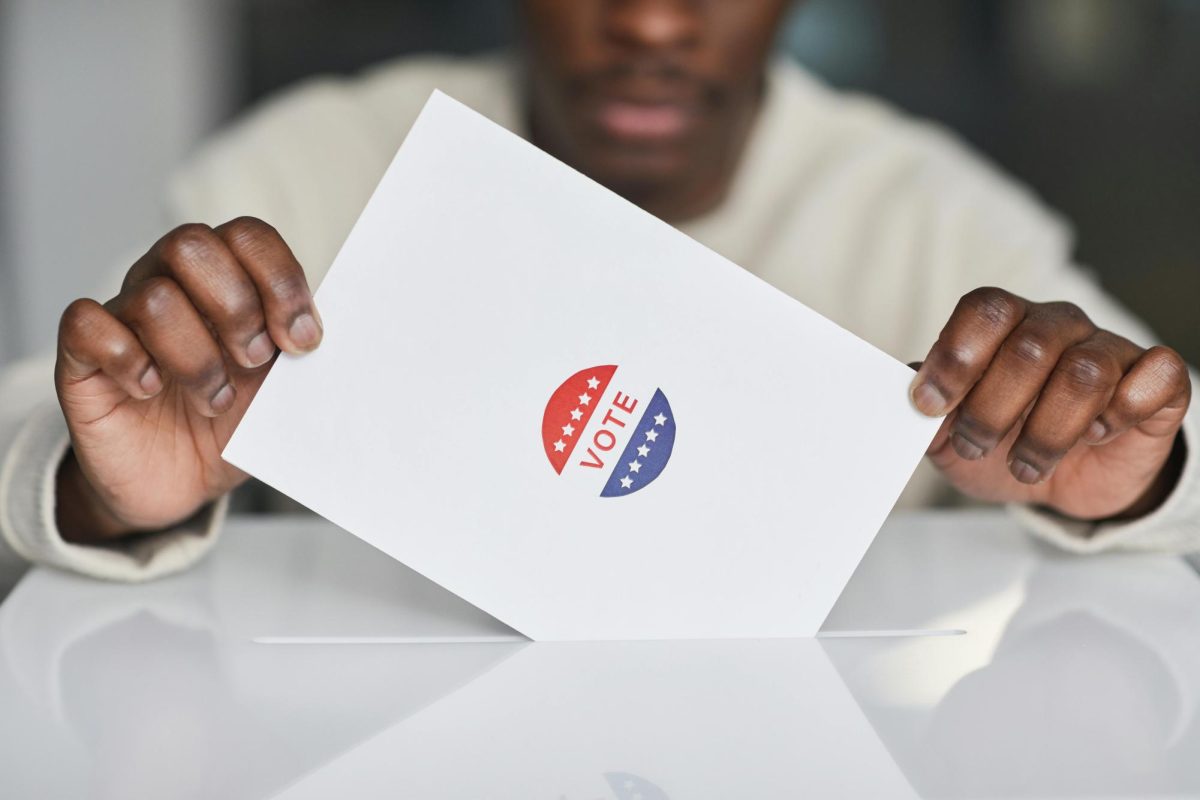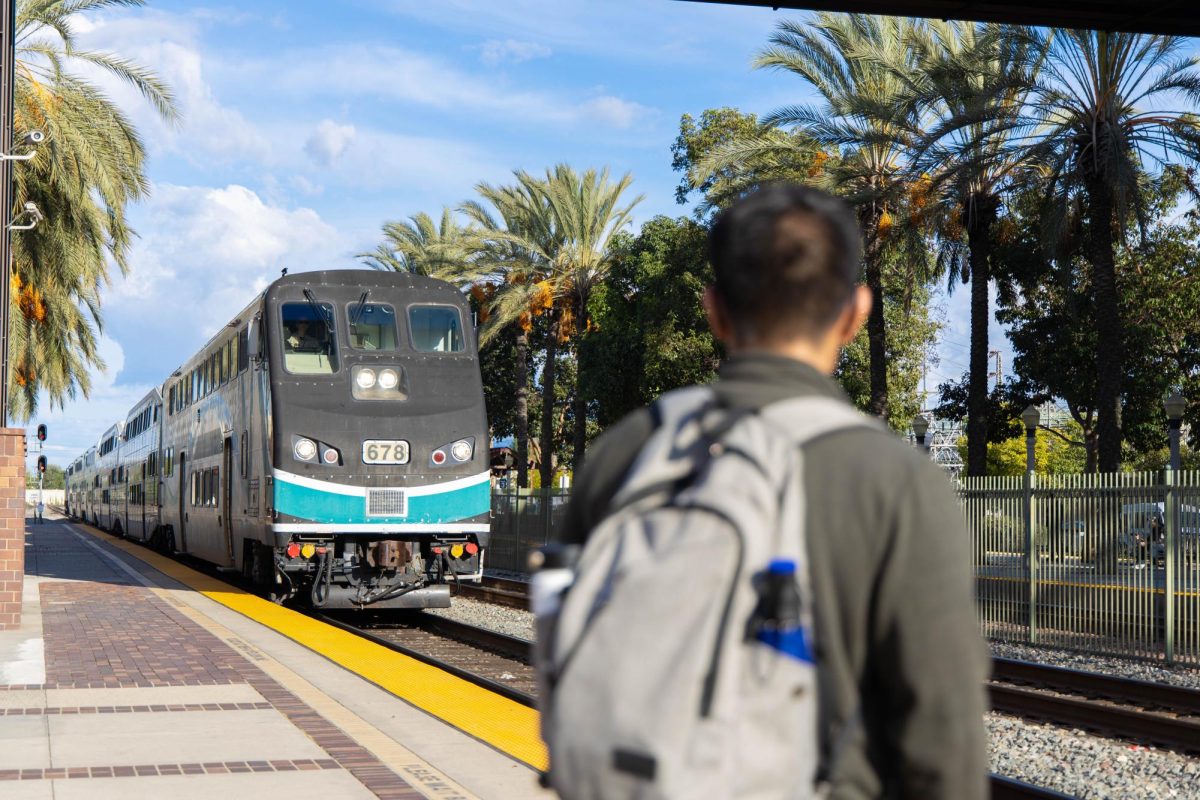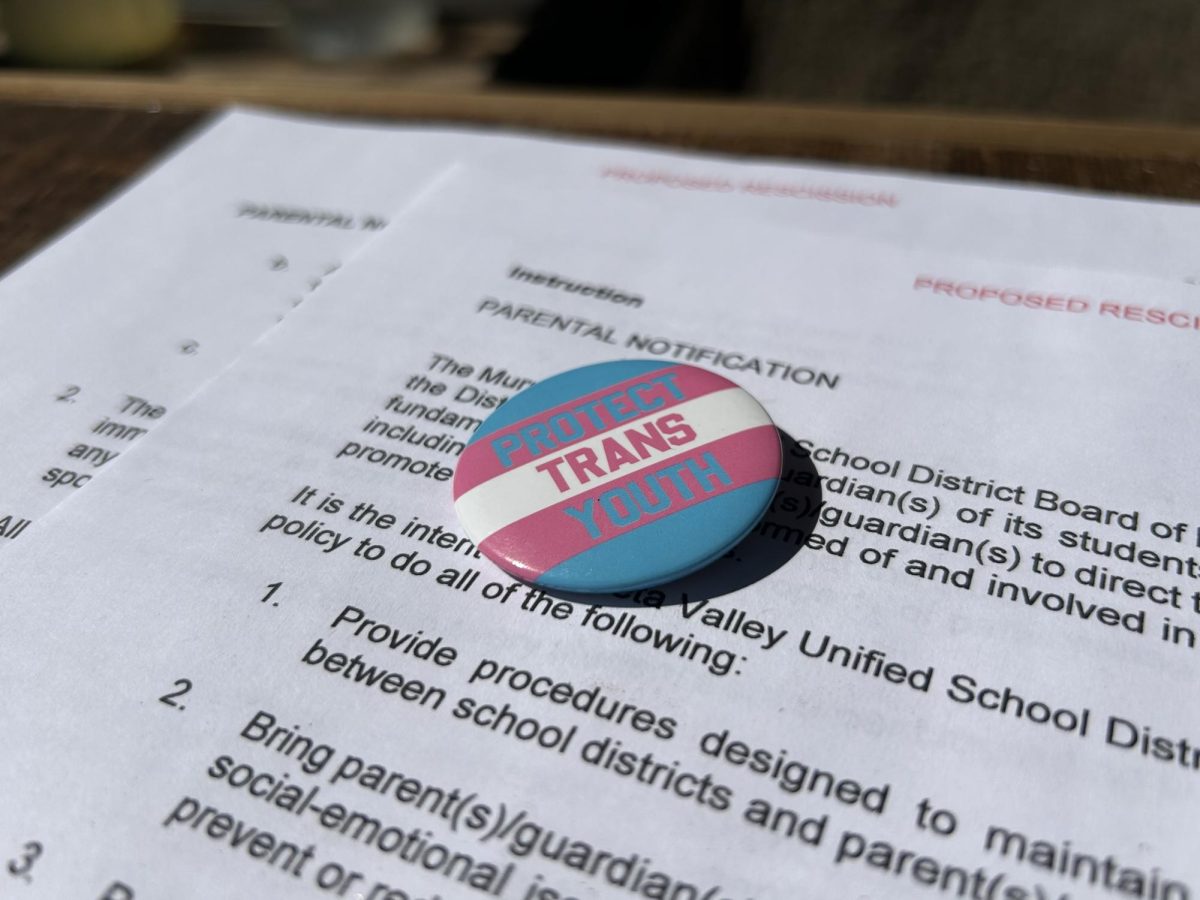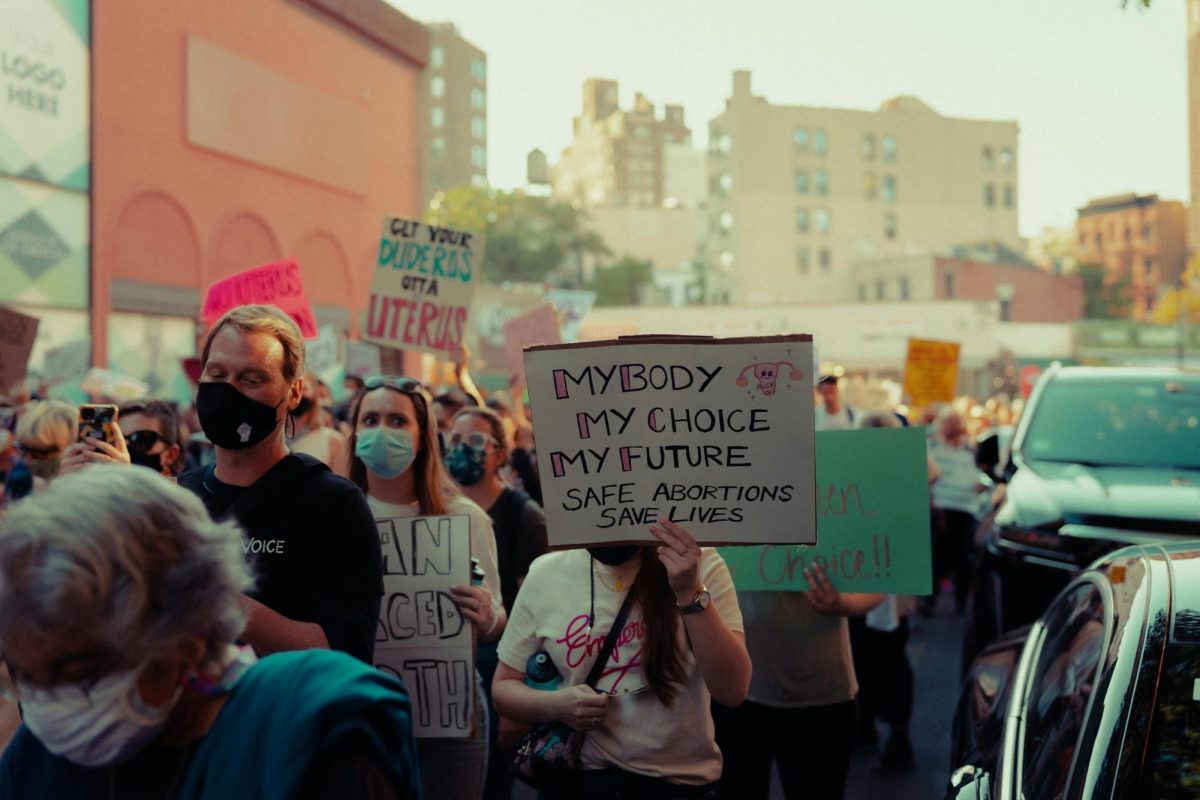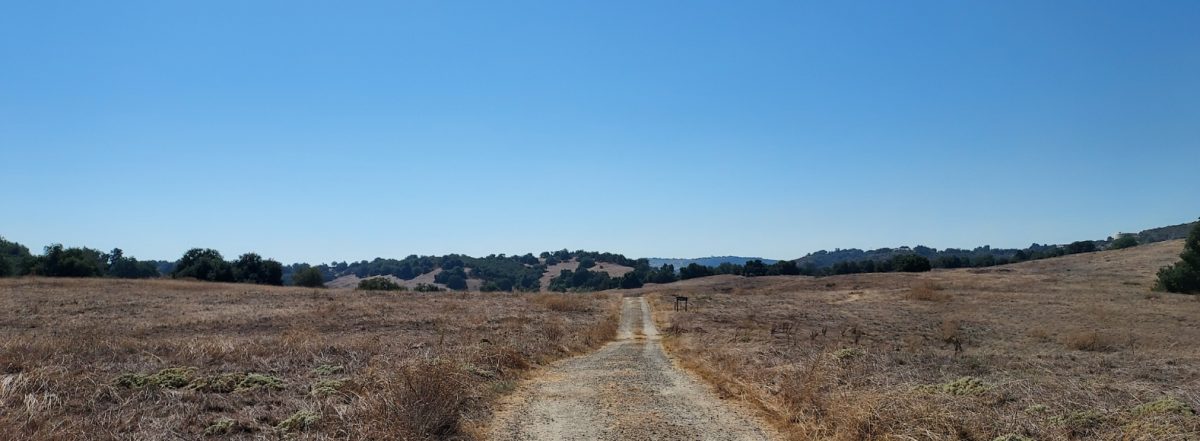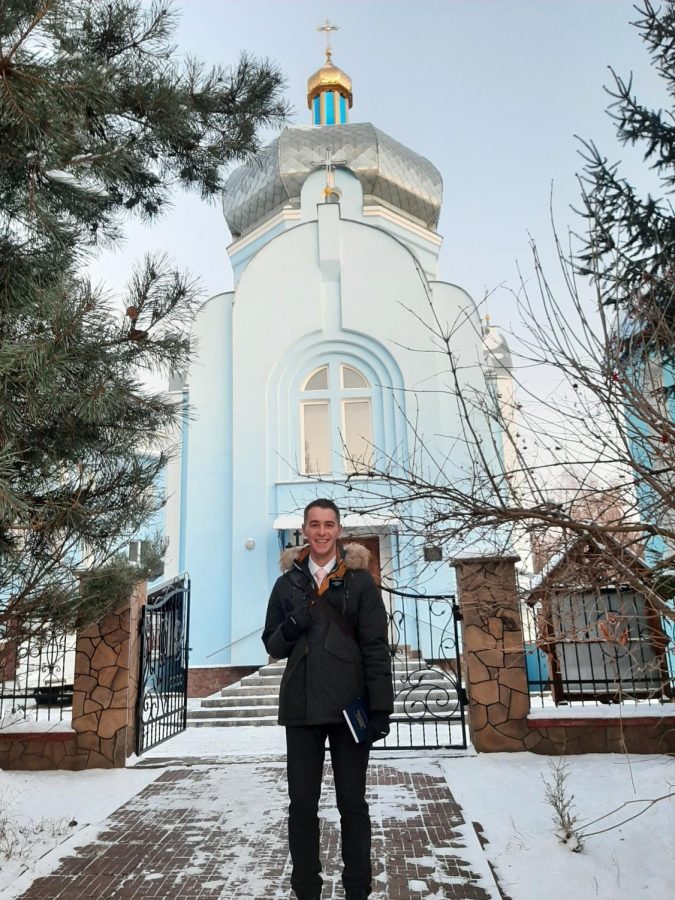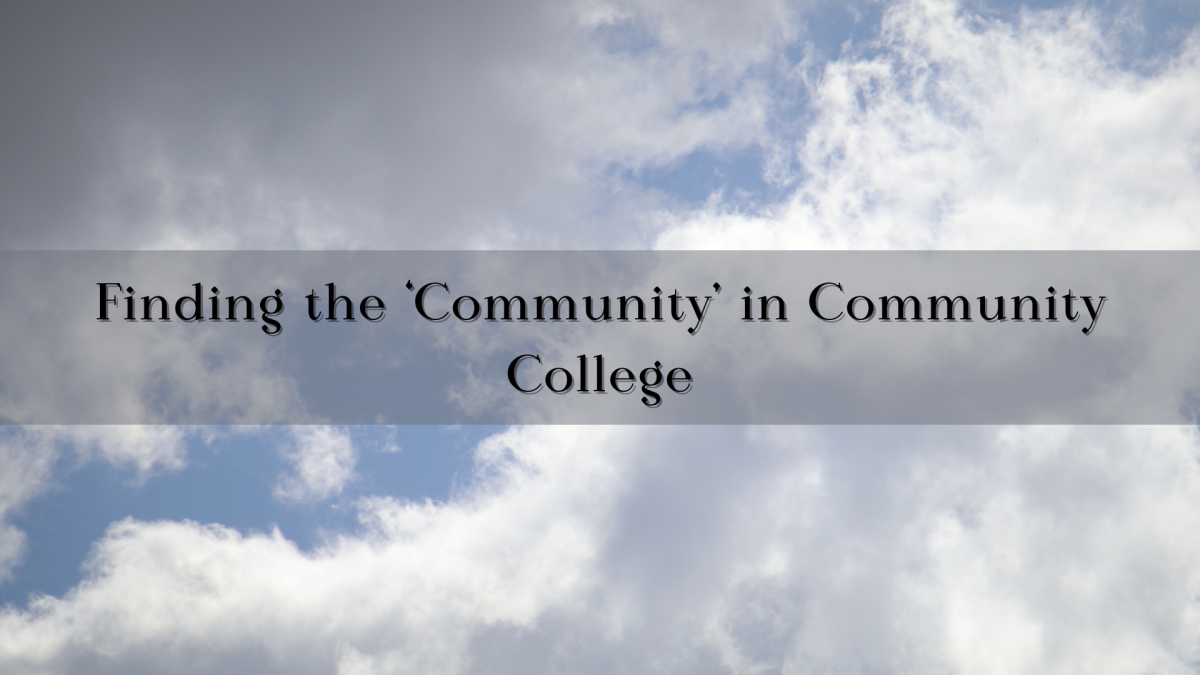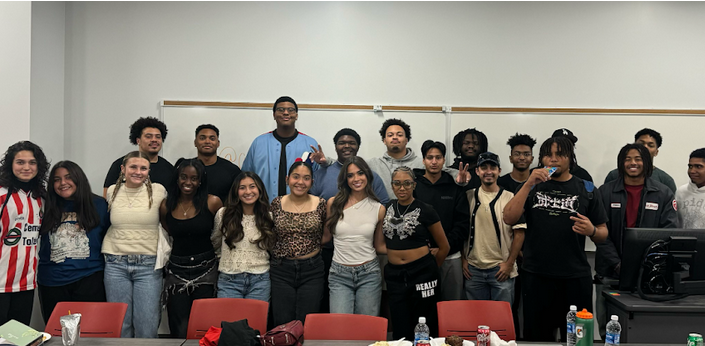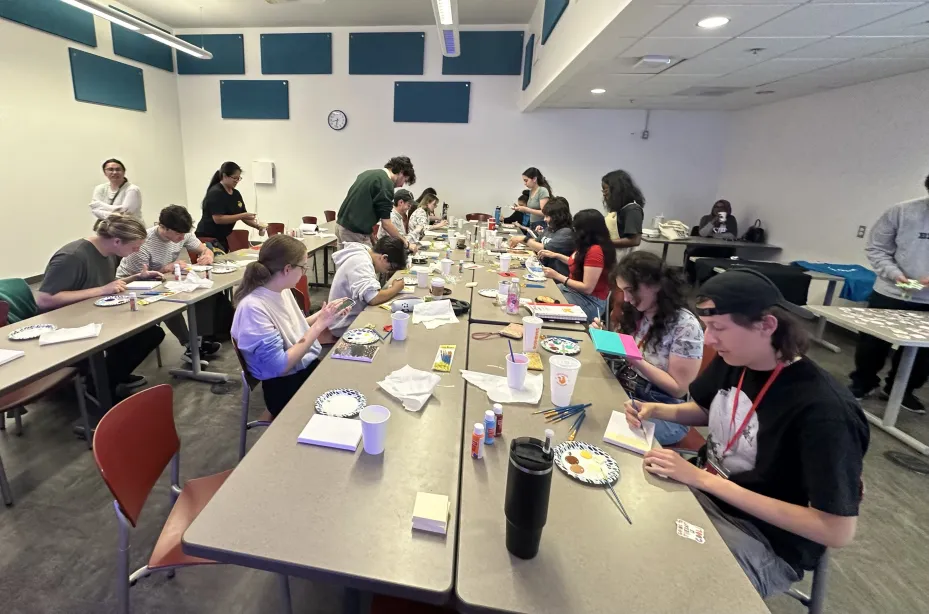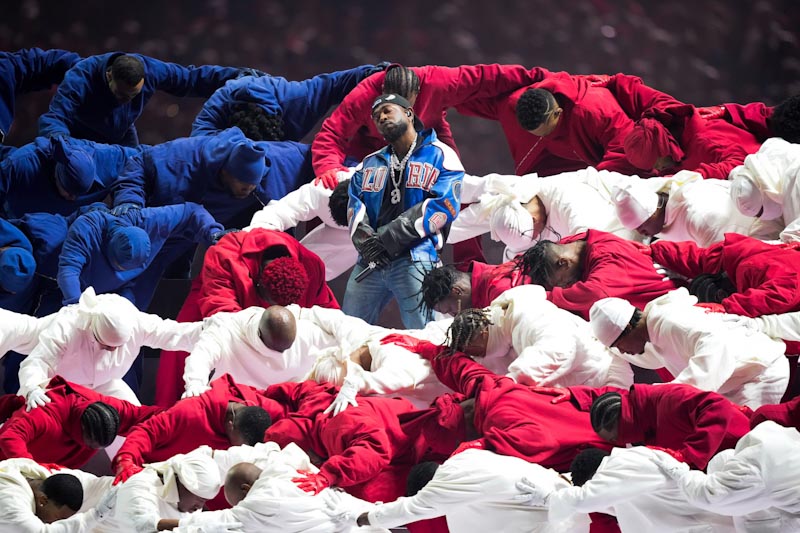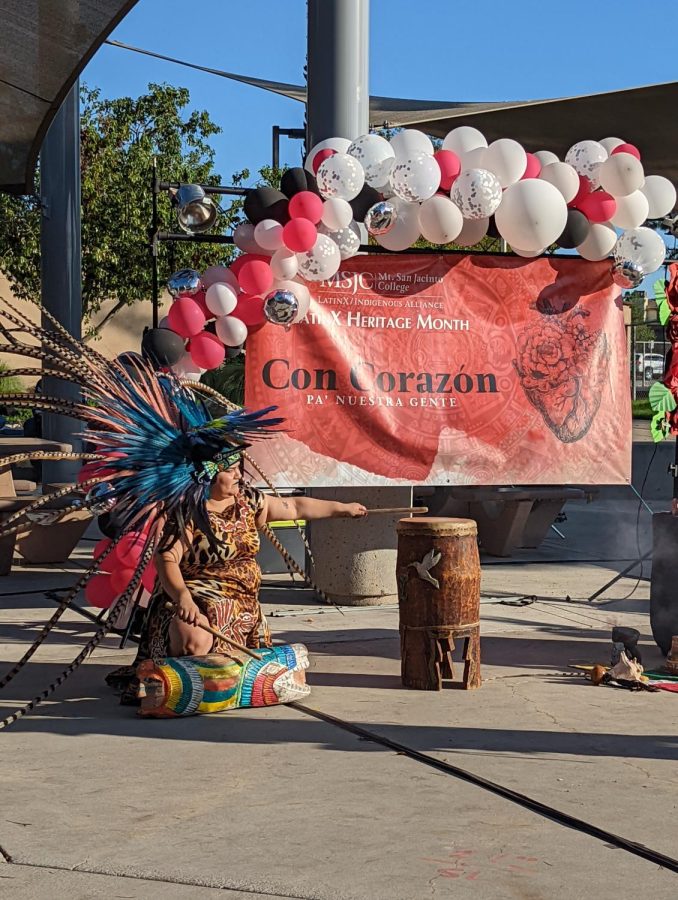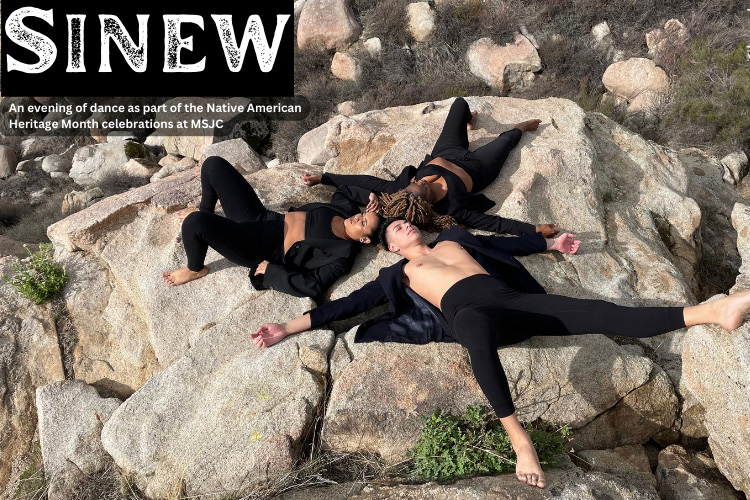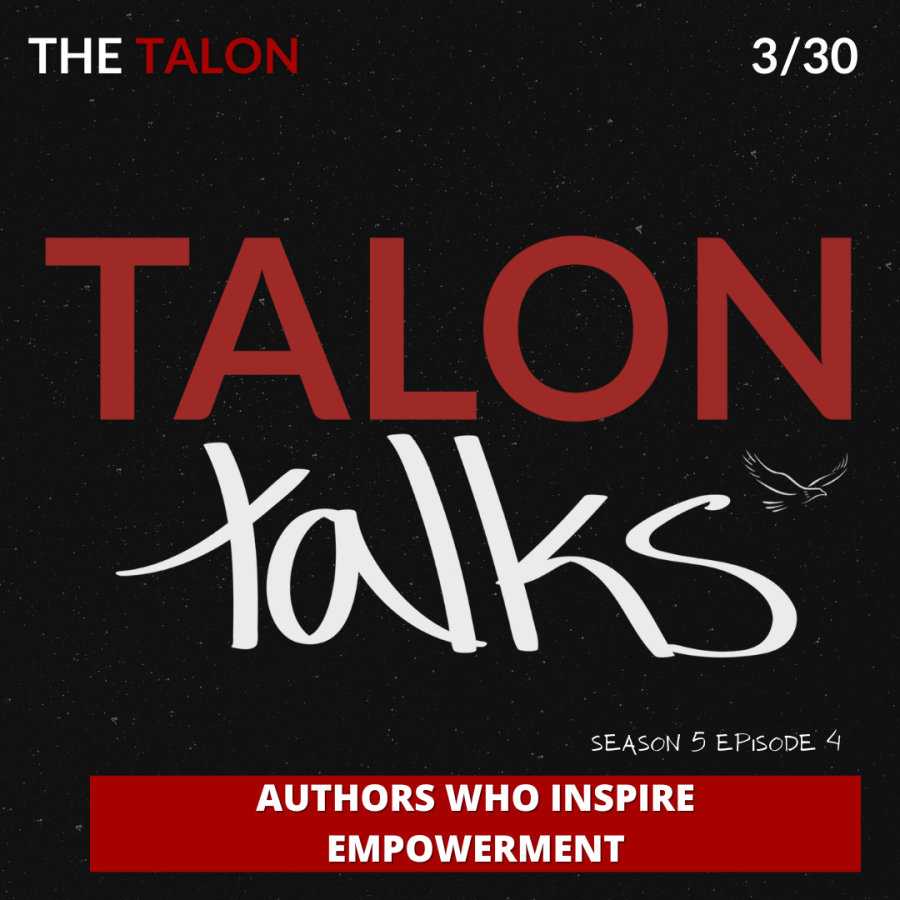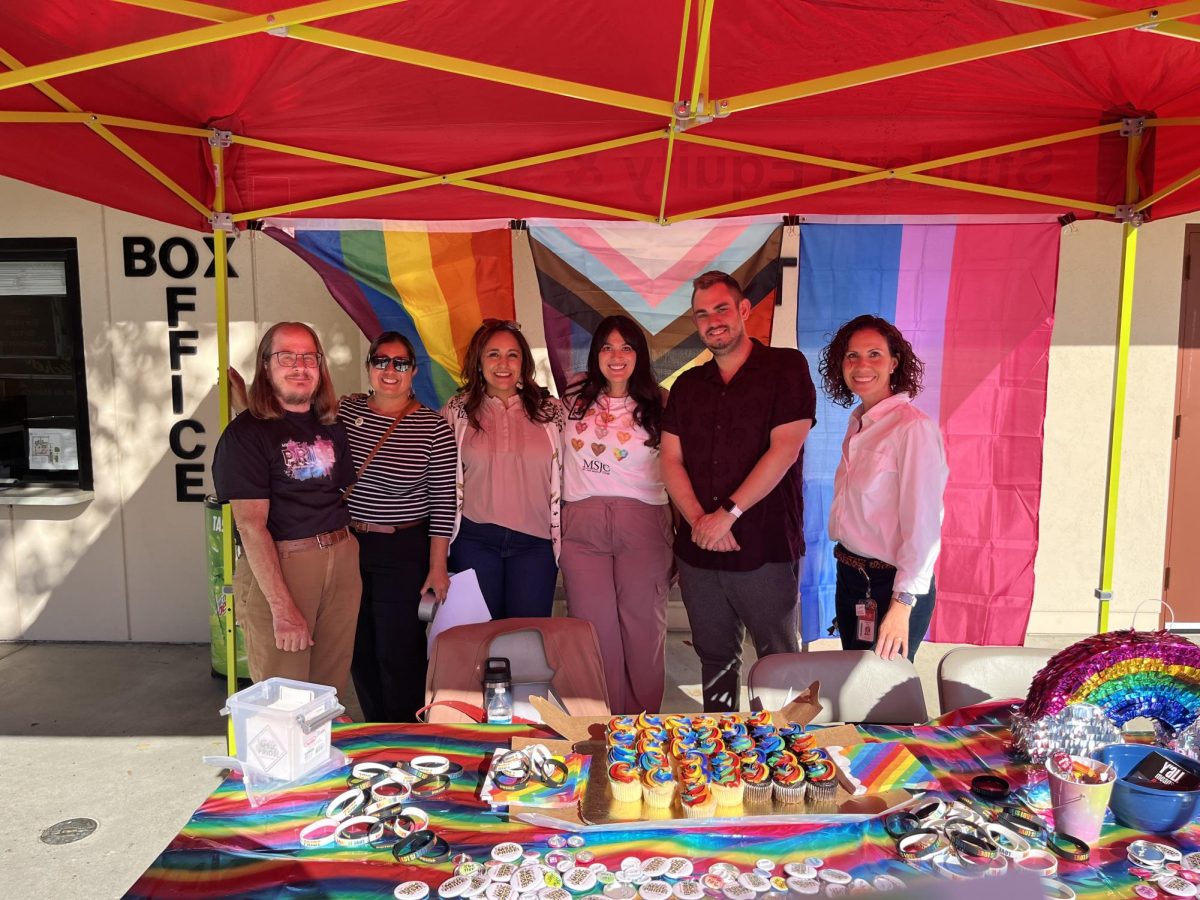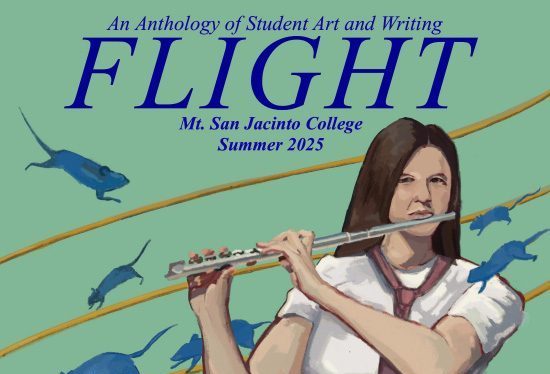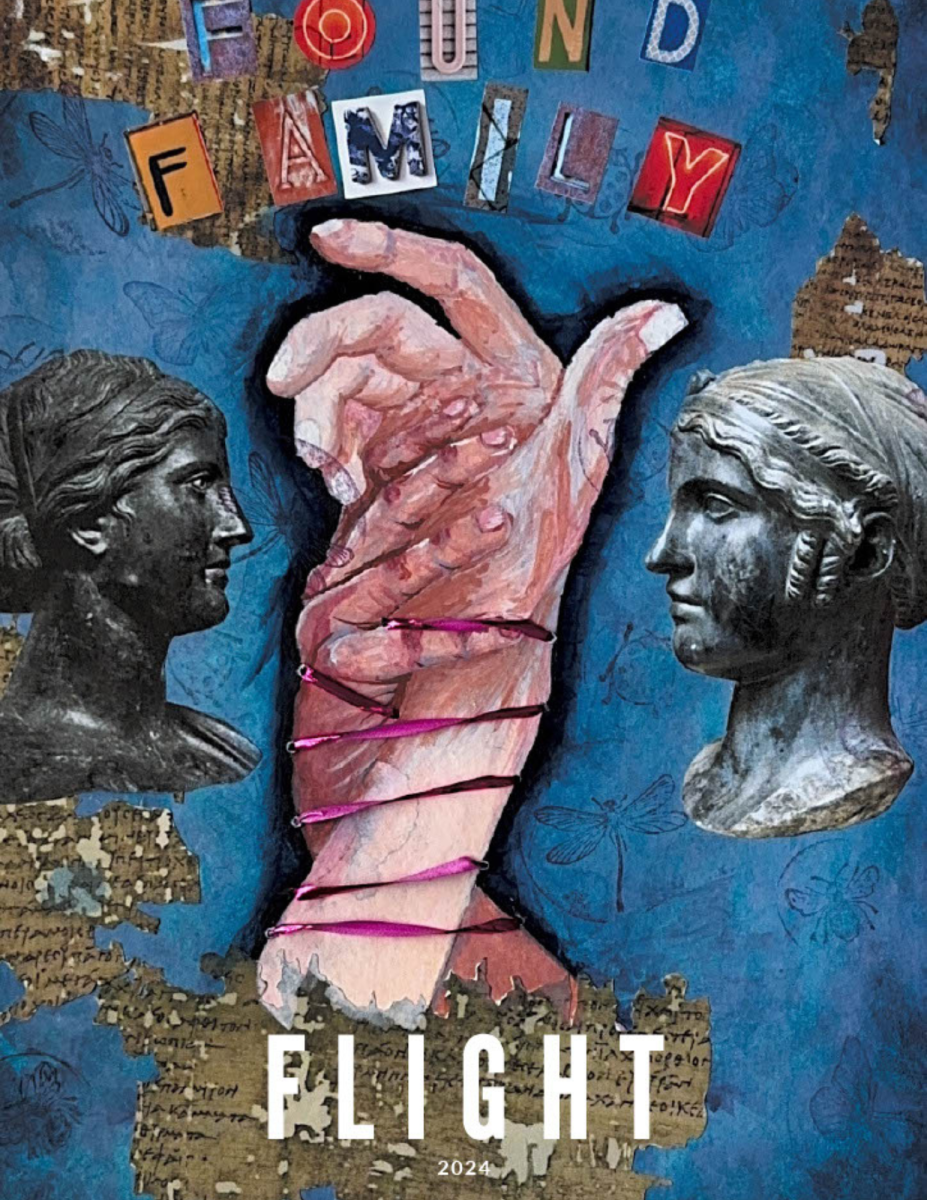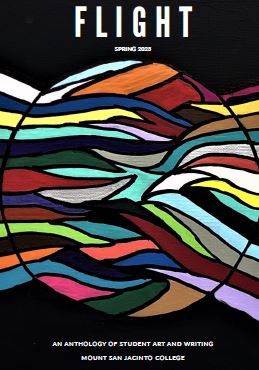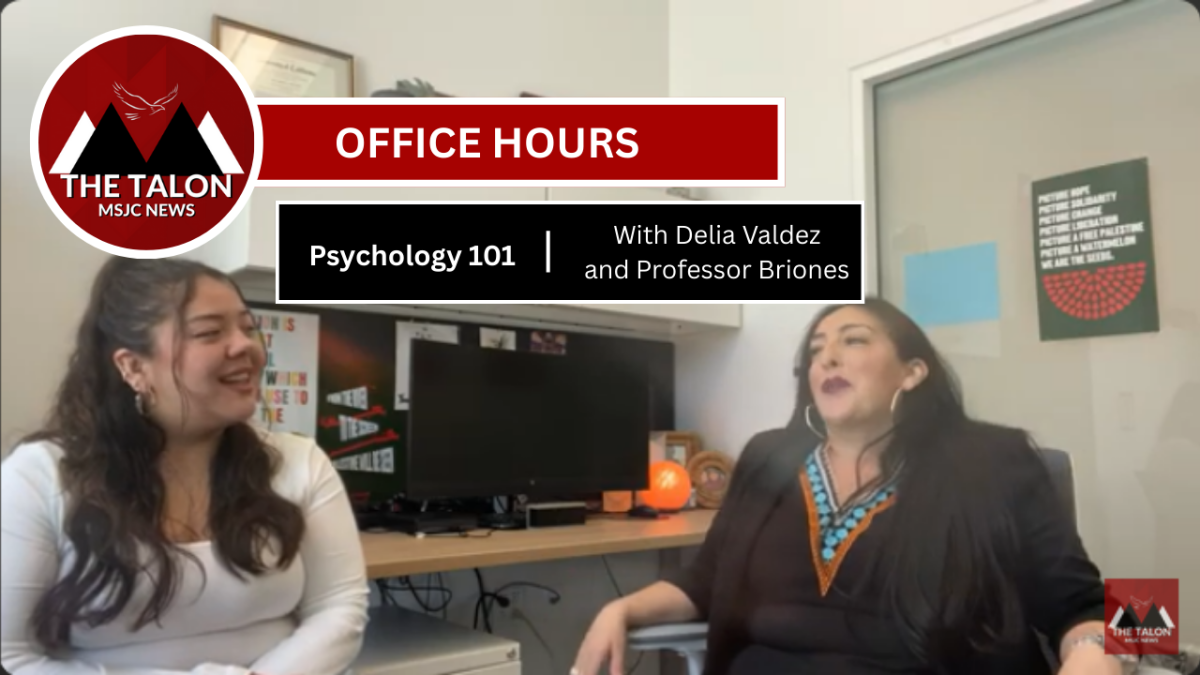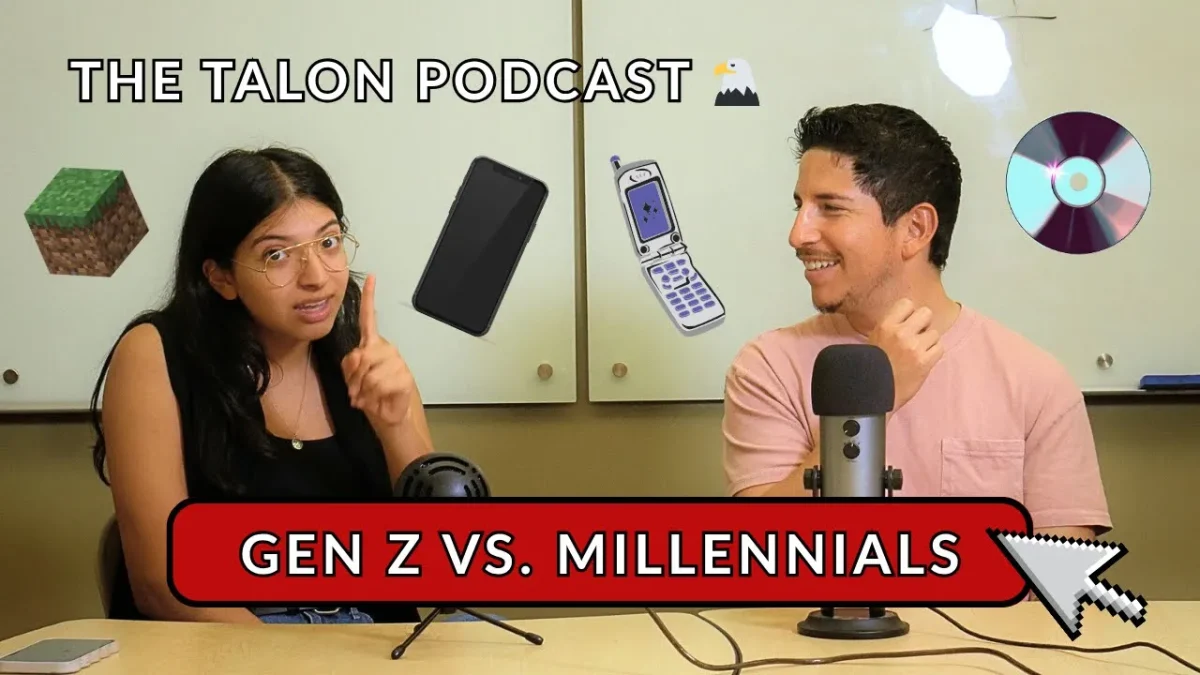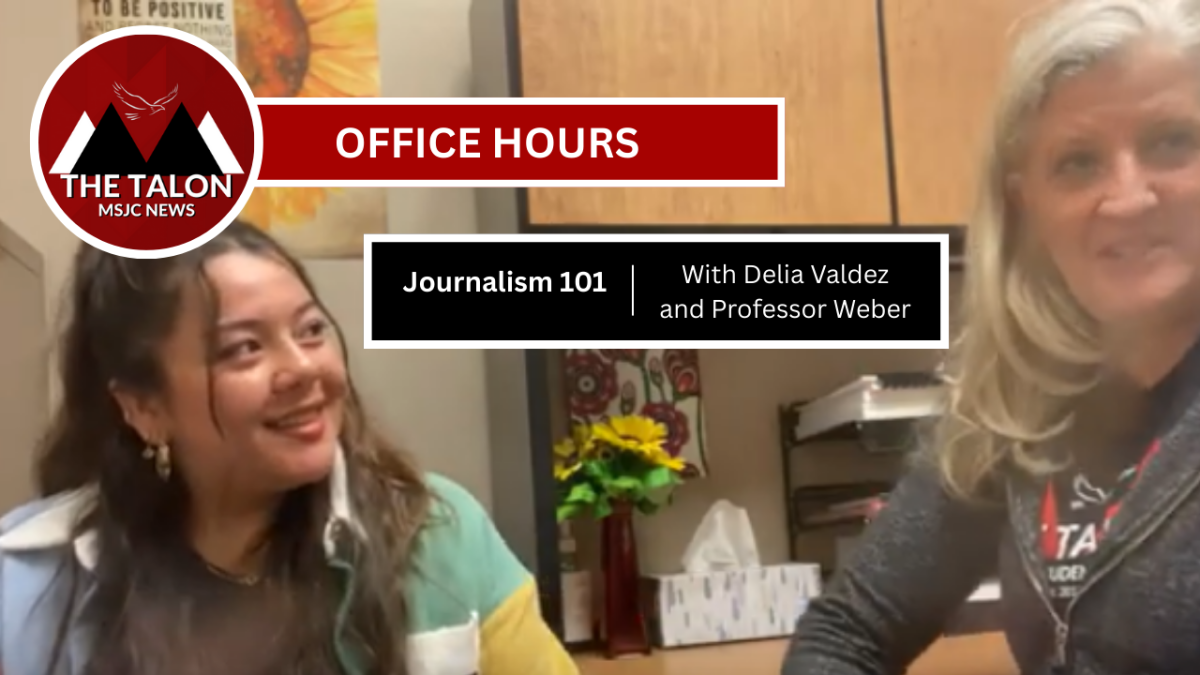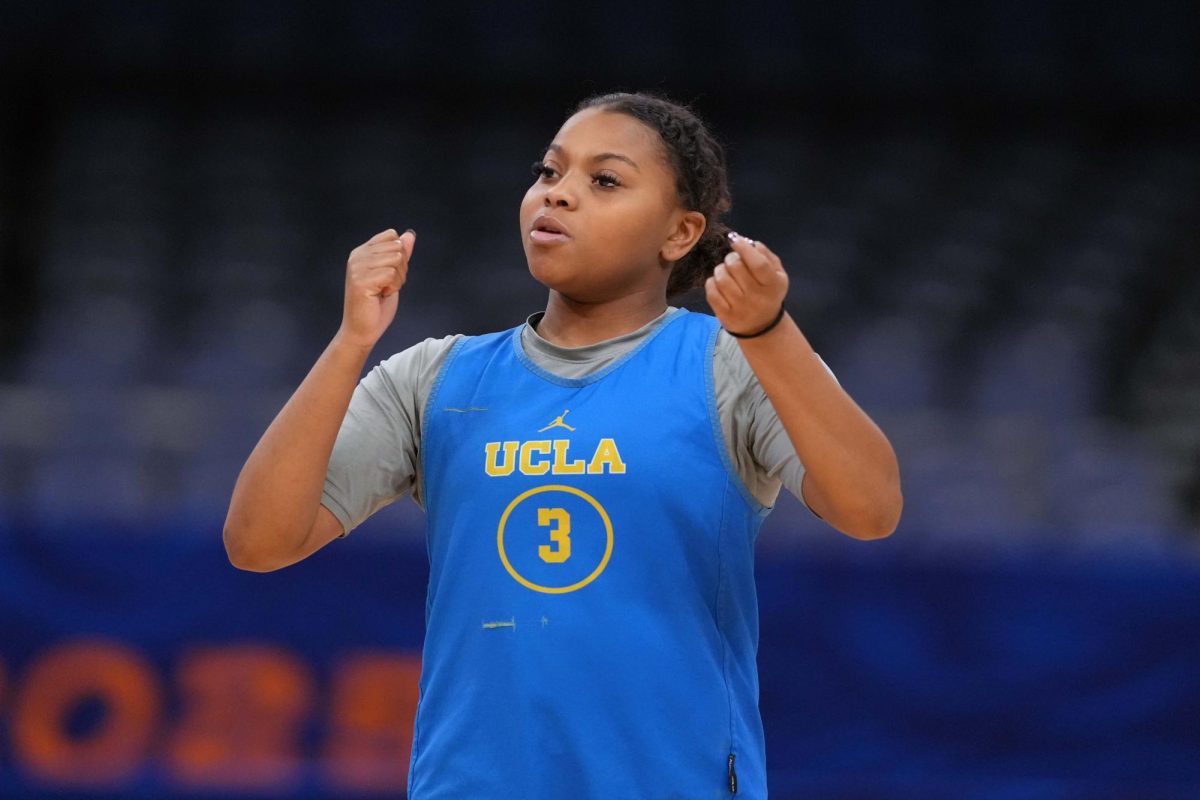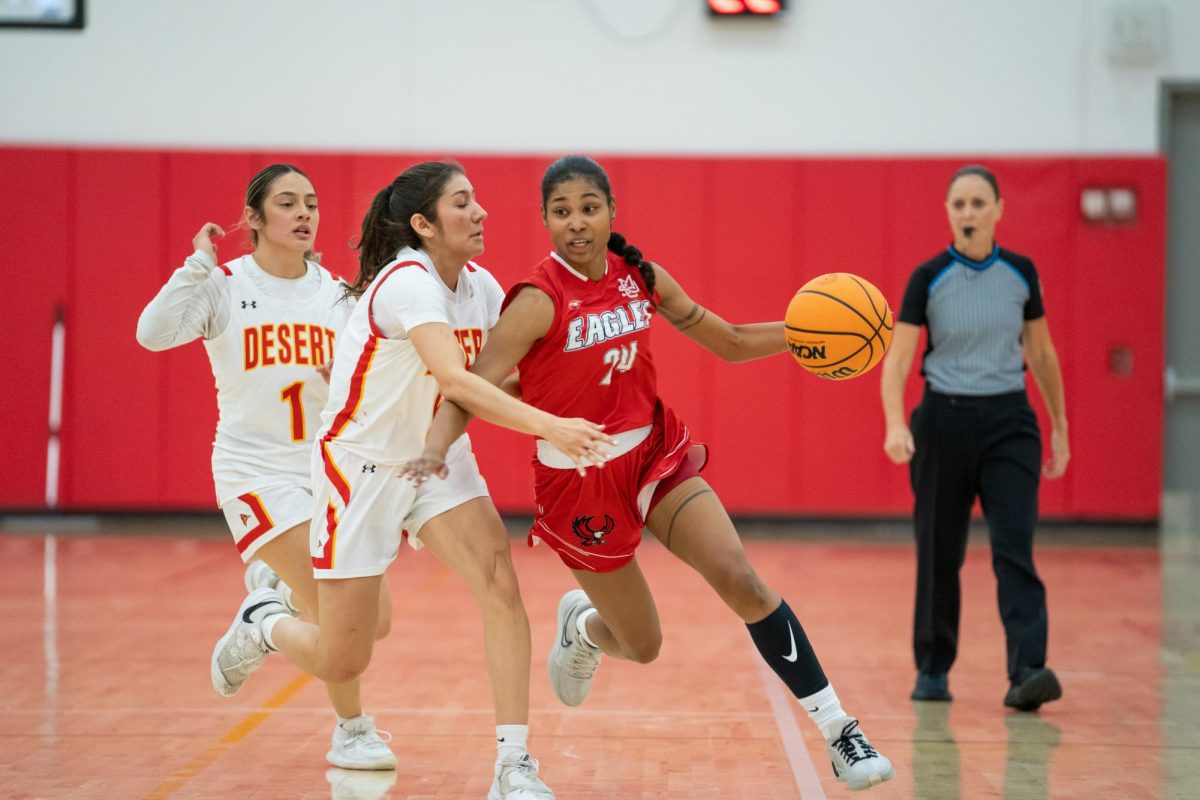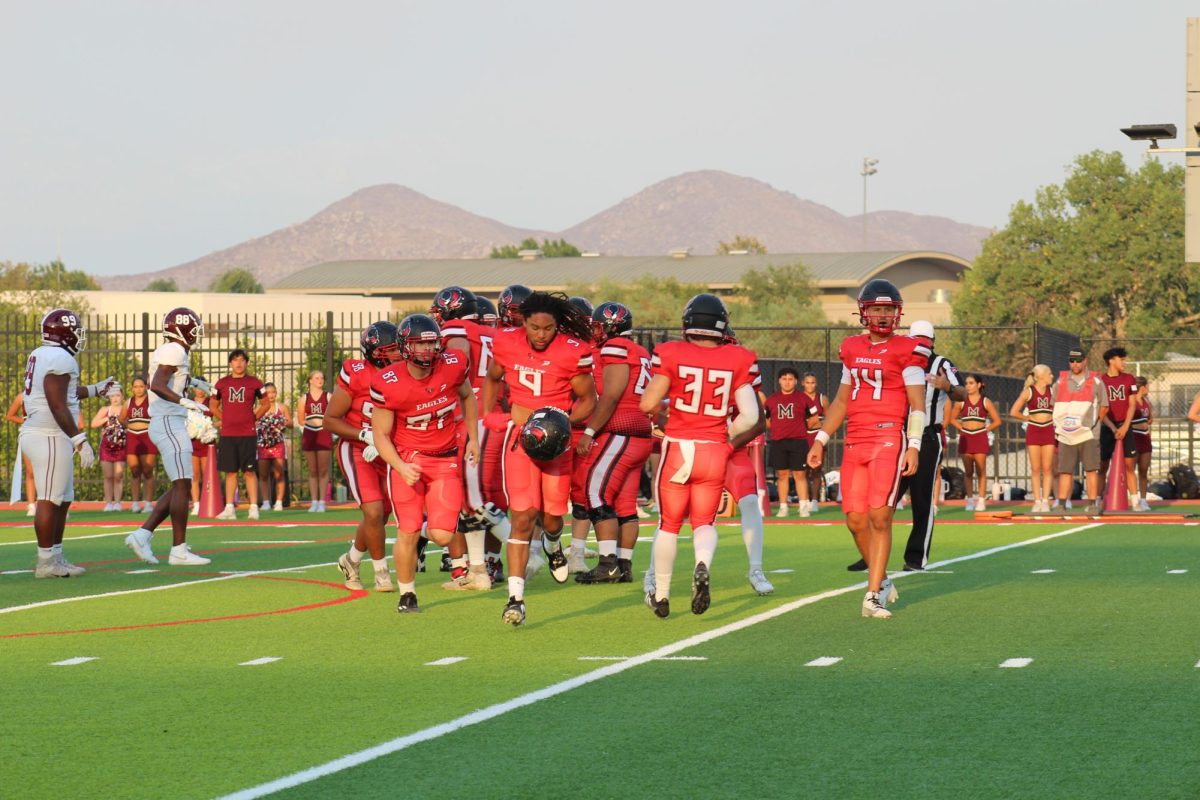By Jesus Alcala Avalos
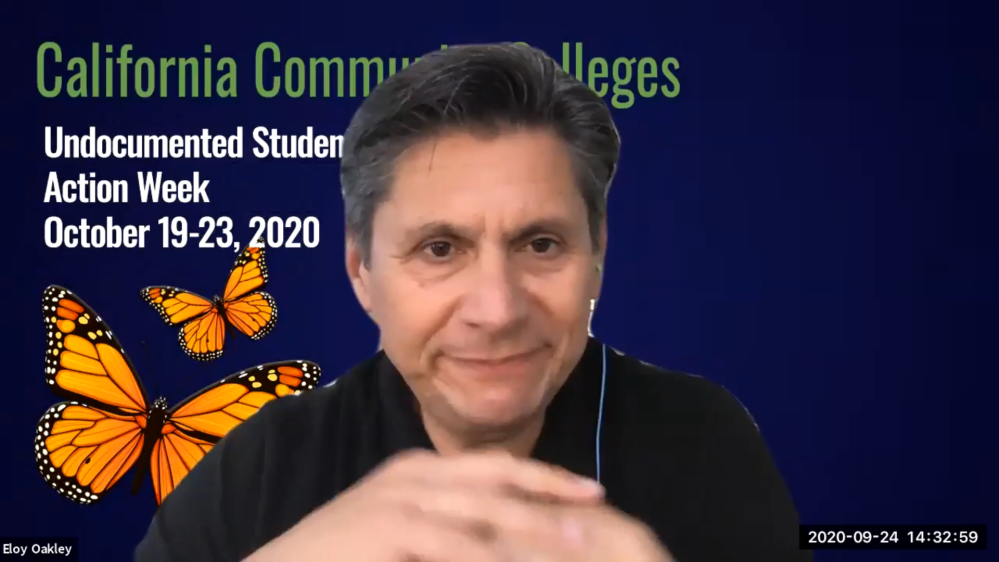
California Community College Chancellor Eloy Ortiz Oakley held a Zoom press conference on September 24th, 2020. Most of the audience consisted of student journalists.
The key issues covered at the press conference:
- Most, if not all, community colleges will remain online for Spring 2021
- Colleges are expecting reduced federal funding, which may result in less courses
- Let your board of trustees know your opinions about race, policing, and other issues on your campus
- Complete the Census
- Register to vote

Paige Marlatt Dorr, Director of Communications, managed the conference and introduced Chancellor Oakley. Oakley then welcomed the audience and went over upcoming events.
He then asked the audience to complete the US Census. The US Census determines the distribution of representatives from the House and lawmakers use the data to distribute federal funds.
Next, Oakley discussed Undocumented Student Action Week, which will take place on October 19 to 23. This event highlights and supports the undocumented students on campuses. Previous Undocumented Student Action Weeks included seminars that brought awareness to the rights and services available to undocumented students. Students at Mt. San Jacinto College also signed butterfly cards to show support for undocumented students.
Oakley then reminded the audience to register to vote, explaining the importance of voting. “The only way that we are going to change the narrative going forward is if each of us shows up and votes,” said Oakley. As Oakley pointed out, the general election is not just about the president, and includes votes on representatives and propositions.
Oakley also stated that he, the Board of Governors, the UC Board of Regents, and CSU Board of Trustees endorse Proposition 16. Proposition 16 will repeal California Proposition 209 of 1996, which banned discrimination or preferential treatment on the basis of sex, race, color, ethnicity, or national origin. This form of preferential treatment is also known as affirmative action. Oakley supports Proposition 16 as it will allow colleges to hire faculty that represent the ethnic diversity of the student body.
Next, Oakley stated that California Community Colleges have seen a five to seven percent reduction in enrollment overall. In response, community colleges have launched the Stay Enroll Campaign, which advocates students to return or remain in college during these difficult times. As Oakley would later state, colleges with reduced enrollment receive reduced funds from the federal government, which may lead to cuts in their budgets.
In response to the death of George Floyd, Oakley directed college faculty to have conversations about racism and campus enforcement as well.
The meeting then transitioned into a Q&A segment with the audience.
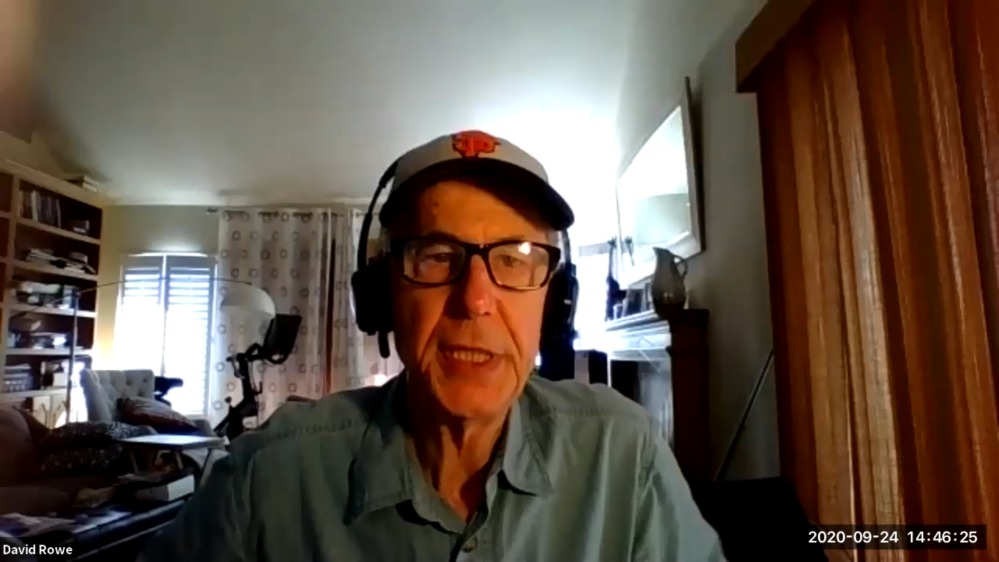
David Rowe, from the Peralta district, asked about the progress of correcting the financial issues reported by the Fiscal Crisis and Management Assistance Team (FCMAT) last year. Oakley responded that the office has given directives to the Peralta district to improve their financial status and that the office has seen some progress. Oakley has requested that FCMAT re-assess the Peralta district to measure their progress.
David Victor, from San Joaquin Delta College’s The Collegian, asked what the chancellor’s office is doing to promote voter registration while campuses are closed. Before the lock down, there were often voter registration booths on campuses. Oakley responded that they have been using email outreach and have been asking student leaders to promote registration.
Victor later asked what the chancellor’s office is doing about the lack of some required classes which has prevented some students from graduating on schedule. Oakley responded that delays are expected for this and next semester but that his office has been working with schools and accreditation institutions to get as many classes online as possible.
Victor asked if there are contingency plans for the pandemic. Oakley responded that this health crisis is not likely to change any time soon, and that colleges should maintain their online environments for the next few years to allow students uncomfortable with returning to stay enrolled.

Teya Searles, from MiraCosta College’s Chariot News, asked how the system will respond to the financial issues that faculty and staff face due to reduced working hours or lay-offs. Oakley responded that each college’s board of trustees is responsible for the wages at each college. The chancellor’s office has been advocating for a federal stimulus bill and will not financially punish schools for reduced enrollment. Oakley also asked the audience to tell their fellow students to write to their representatives to ask for a stimulus bill to aid colleges.
Searles asked if the chancellor has the power to require campus police officers to possess a bachelor’s degree. Oakley responded that he can set standards for contracts but cannot require a bachelor’s degree.
Erika Perry, from Orange Coast College’s Coast Report Online, asked if colleges will be online for Spring 2021. Oakley responded that some colleges have already announced that they will be online for Spring 2021 and he expects the rest to announce the same unless the COVID-19 situation changes.
Perry asked why some schools lost more enrollment than other schools. Perry referenced an article on the Los Angeles Unified School District (LAUSD).Oakley clarified that the drop in enrollment for the LAUSD has been happening before the pandemic due to demographics. Oakley noted that colleges like Santa Rosa Junior College and Butte College have been affected by the evacuations due to fires.
Lucy Argaez, from Citrus College’s Clarion, asked which departments are at most risk of losing faculty due to a loss of enrollment.Oakley responded that no full-time faculty should lose their job due to enrollment because there will be no financial penalties based on enrollment. Any loss of job will be due to causes beyond enrollment. Oakley expects part-time faculty to have a reduced workload.

Thomas Ortega, from Grossmont College’s Griffith Radio, asked if there are plans for any sports to return and how the lack of sports affects student athletes. Oakley responded that athletic departments are working to return some sports for Spring 2021, but does not expect any of those sports to allow for spectators.
Casey Rafter, from Sacramento City College’s Express, asked if other colleges have expanded the President’s Honor Roll to include part-time students.Oakley responded that he supports the expansion of the President’s Honor Roll to also include part-time students to recognize more students who face different challenges.
Jennifer Vazquez, from Riverside City College’s Viewpoint, asked what is being done to increase enrollment to alleviate the decline in enrollment.Oakley responded that his office has launched a media campaign to promote enrollment. Oakley is supportive of direct outreach from student services like Extended Opportunity Programs and Services (EOPS) and Disabled Students Programs and Services (DSPS). Mt. San Jacinto College renamed their DSPS to Accomodation Service Center.
Cassandra Nava, from Los Angeles Valley College’s Valley Star, asked if campus police will receive sensitivity training and what will be done to ensure that students feel safe when they return to campus.Oakley responded that his office has asked every college that provides law-enforcement training to examine and adjust their training to better serve their communities. Oakley’s office is in dialogue with the Commission on Peace Officer Standards and Training to reform police training. Oakley also wants students to tell their administrations what they think about campus police.
Umaima Ejaz, from Skyline College’s Skyline View, asked what the chancellor’s office will do to help international students if colleges were to remain closed and the requirements for a student visa change. In July, United States Immigration and Customs Enforcement announced, and later retracted, a rule saying that international students could not keep their student visa if they only take online classes.
Oakley asked the audience to vote against the Trump administration as they have been antagonistic to international students. Oakley worked closely with Attorney General Xavier Becerra and helped launch lawsuits against the Department of Education against changes that make it harder for international students to attend US colleges.
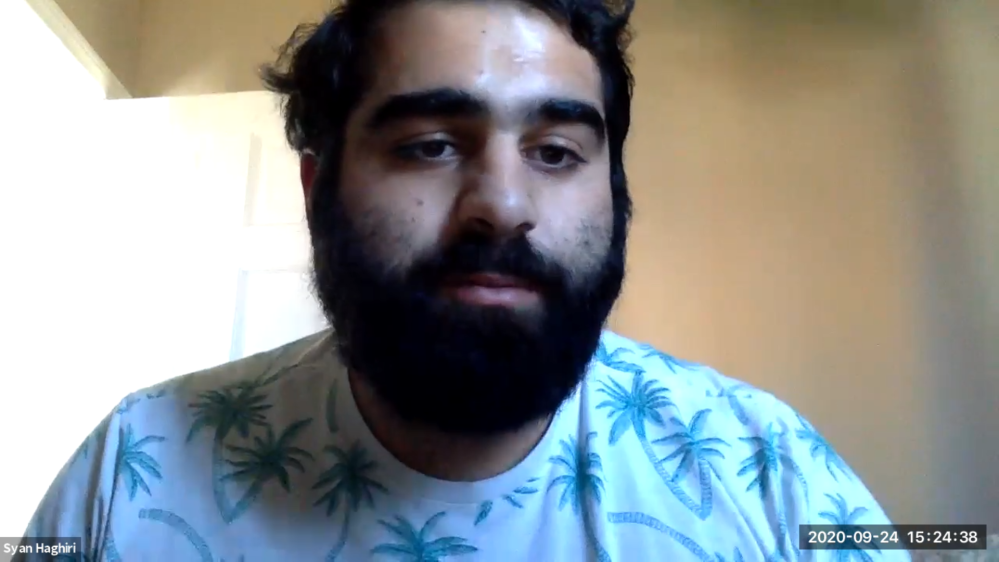
Syan Haghiri, from Long Beach City College’s Viking News, asked if Governor Gavin Newsom’s meeting with the PAC-12 would affect sports at the community college level. Oakley responded that the meeting was about Division 1 sports and does not affect community college sports.
William Ink, from Peralta Community College District’s The Citizen, asked what the trustee transition will look like for the Peralta district. Oakley responded that trustees can be appointed to the board if the district has issues with finances, accreditation, or if the trustees are unable to carry out their duties. Oakley noted that the Peralta district is on probation and has a status report coming up. Depending on that report, the chancellor’s office will appoint trustees as needed.
Caitlyn Pfau, from Chaffey College’s The Breeze, asked what the chancellor’s office is doing to support students taking courses that require costly equipment or software. Oakley explained that while the chancellor’s office can negotiate contracts with service providers like Canvas, each college’s board of trustees are ultimately responsible for providing materials to their students. Oakley said that students should raise their concerns to the board of trustees of their college.
Keegan West, from De Anza College’s La Voz News, asked why some colleges, like De Anza, can have increased enrollment but still see a decrease in courses available. Oakley responded that those colleges are most likely reacting to the reduced federal funding.
Jesus Alcala Avalos, from Mt. San Jacinto College’s The Talon, asked if colleges are allowed to open at their discretion. Oakley responded that each county has requirements to meet before colleges are allowed to open. After the county public health officer to certify that requirements have been met and the governor has acknowledged that those requirements have been met, the board of trustees may vote to open the campus. However, Oakley notes that colleges that open will remain mostly online to be able to follow social-distancing guidelines.
The next student press conference will be in December.



